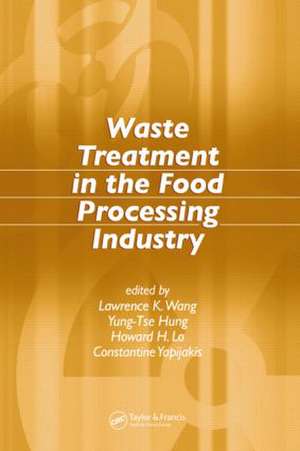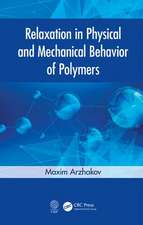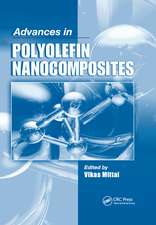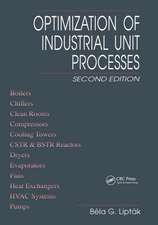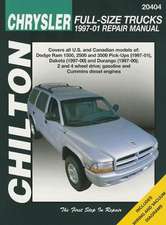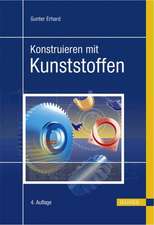Waste Treatment in the Food Processing Industry: Advances in Industrial and Hazardous Wastes Treatment
Editat de Lawrence K. Wang, Yung-Tse Hung, Howard H. Lo, Constantine Yapijakisen Limba Engleză Hardback – 29 sep 2005
The book highlights major food processing plants or installations that have significant effects on the environment. Since the areas of food industry waste treatment are broad, no one can claim to be an expert in all of them. Reflecting this, the editors recruited collective contributions from specialists in their respective topics, rather than relying on a single author's expertise. The topics covered include dairies, seafood processing plants, olive oil manufacturing factories, potato processing plants, soft drink production plants, bakeries, and various other food processing facilities.
Professors, students, and researchers in the environmental, civil, chemical, sanitary, mechanical, and public health engineering and science fields will find valuable educational materials in this book. The extensive bibliographies for each type of food waste treatment or practice will be invaluable to environmental managers, or researchers who need to trace, follow, duplicate, or improve on a specific food waste treatment practice. Comprehensive in scope, the book provides solutions that are directly applicable
| Toate formatele și edițiile | Preț | Express |
|---|---|---|
| Paperback (1) | 495.83 lei 6-8 săpt. | |
| CRC Press – 19 iun 2019 | 495.83 lei 6-8 săpt. | |
| Hardback (1) | 1013.71 lei 6-8 săpt. | |
| CRC Press – 29 sep 2005 | 1013.71 lei 6-8 săpt. |
Preț: 1013.71 lei
Preț vechi: 1236.23 lei
-18% Nou
Puncte Express: 1521
Preț estimativ în valută:
193.100€ • 210.65$ • 162.96£
193.100€ • 210.65$ • 162.96£
Carte tipărită la comandă
Livrare economică 22 aprilie-06 mai
Preluare comenzi: 021 569.72.76
Specificații
ISBN-13: 9780849372360
ISBN-10: 0849372364
Pagini: 344
Ilustrații: 112 b/w images, 96 tables and 112 halftones
Dimensiuni: 178 x 254 x 21 mm
Greutate: 0.84 kg
Ediția:New.
Editura: CRC Press
Colecția CRC Press
Seria Advances in Industrial and Hazardous Wastes Treatment
ISBN-10: 0849372364
Pagini: 344
Ilustrații: 112 b/w images, 96 tables and 112 halftones
Dimensiuni: 178 x 254 x 21 mm
Greutate: 0.84 kg
Ediția:New.
Editura: CRC Press
Colecția CRC Press
Seria Advances in Industrial and Hazardous Wastes Treatment
Public țintă
Academic and Professional Practice & DevelopmentCuprins
Treatment of Dairy Processing Wastewaters. Seafood Processing Wastewater Treatment. Treatment of Meat Wastes. Treatment of Palm Oil Wastes. Olive Oil Waste Treatment. Potato Wastewater Treatment. Soft Drink Waste Treatment. Bakery Waste Treatment. Food Waste Treatment.
Notă biografică
Lawrence K. Wang, Yung-Tse Hung, Howard H. Lo, Constantine Yapijakis
Descriere
Delineating methods, technologies, and the regional and global effects of important pollution control practices, this book provides in-depth coverage of environmental pollution sources, waste characteristics, control technologies, management strategies, facility innovations, process alternatives, costs, case histories, effluent standards, and future trends. Reflecting the breadth and depth of the subject, the editors recruited contributions from specialists in their respective topics, rather than relying on a single author's expertise. Comprehensive in scope, the book provides solutions that are directly applicable to daily waste management problems in the food processing industry.
